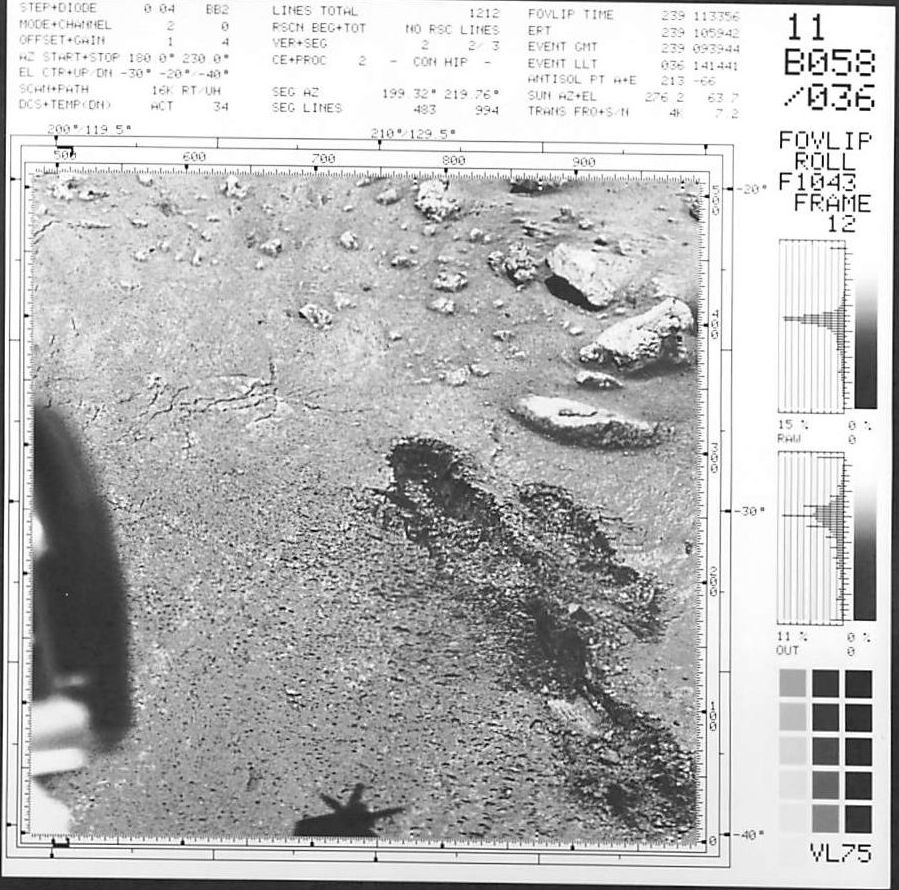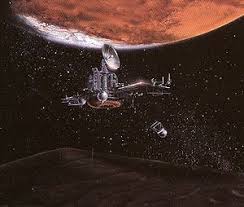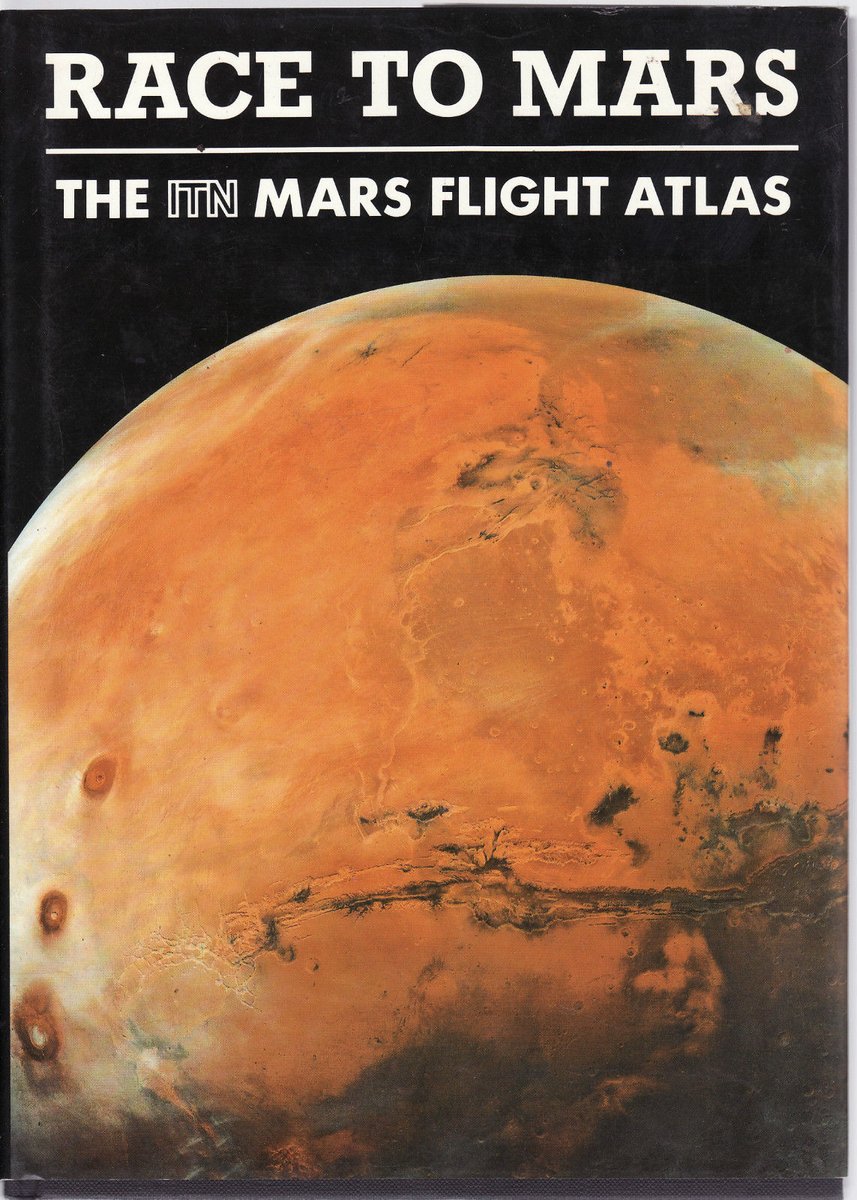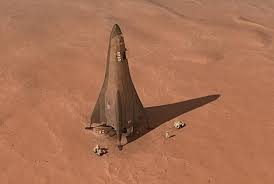
So another thread on..... Mars, this time the early years of the space age
#CountdowntoMars #Mars #Perseverance



#CountdowntoMars #Mars #Perseverance


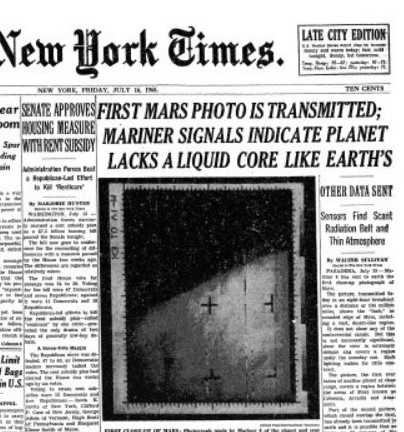

1964 was a vintage year. The Beatles, Goldfinger, (consults notes – I was very young at the time), my christening and..... oh yes, JPL sent the first missions to the Red Planet @carolynporco 



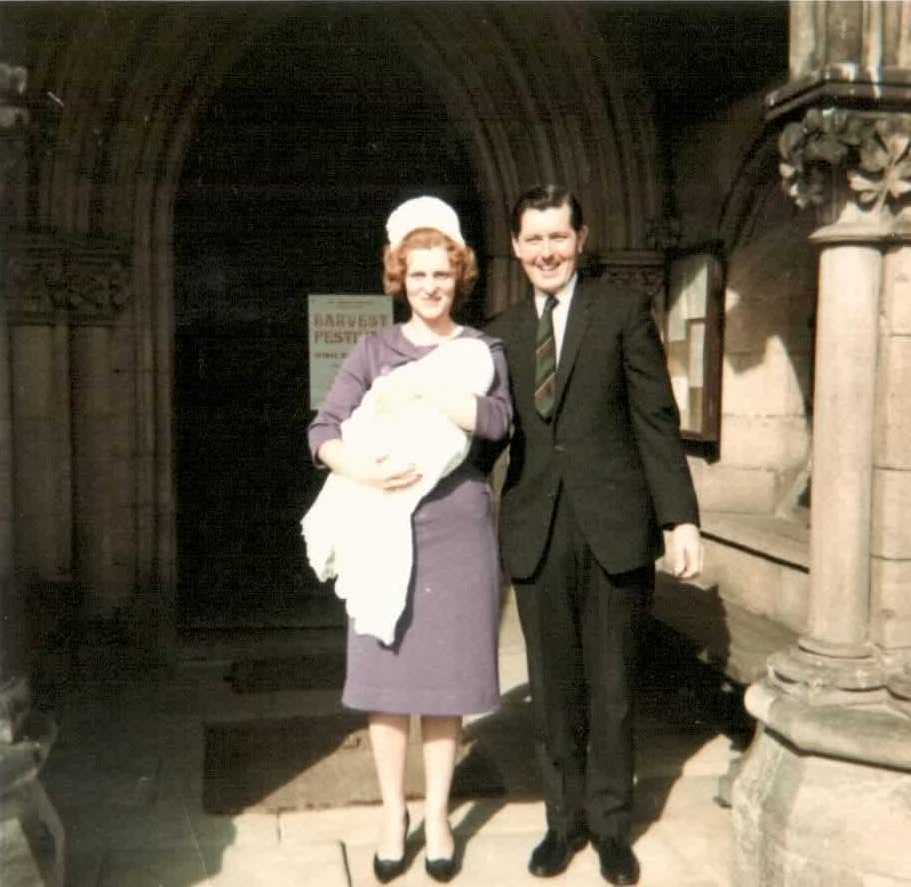


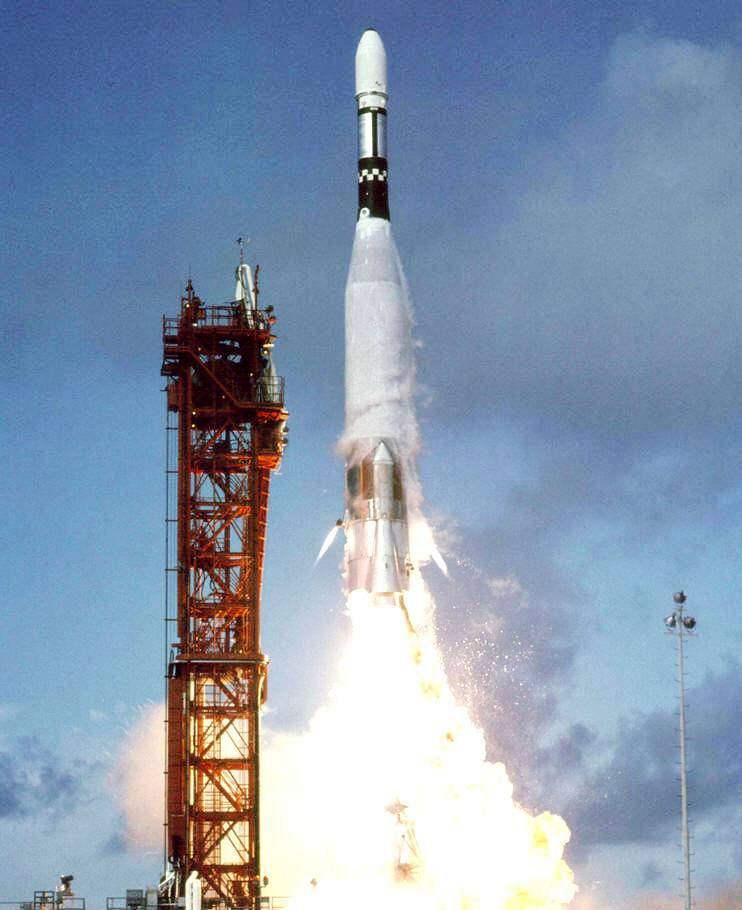
What people forget is that even then so very little was known about the Red Planet as it was not easy to see with then state-of-the art equipment – in that same year of 1964 the official USAF Cartography Center map of Mars still had canals drawn on it as ridiculous as it seems 

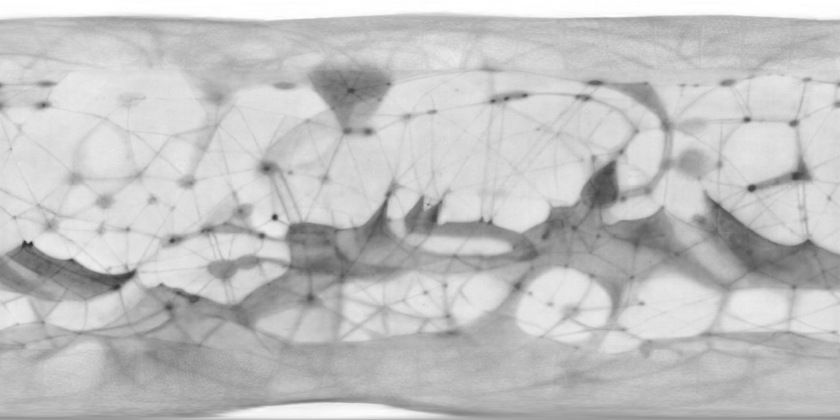

And only the previous spring, water vapour – in tiny amounts – was discovered in the Martian atmosphere. Reading the oral histories of the folks who did the work, Spinrad, Munch and Neugabauer never gave it much thought 



Estimates of the pressure on the Martian surface were guesses -- partly based on what would produce the observed spectral signatures - and some came up with the figure of 85 millibars.... which was what Percival Lowell had suggested... which produced this kind of reaction 

Of the pre-space age era, Bob Leighton of Caltech said - in an official oral history - “people would stare at Mars for a long period of time and there grew up a cult of amateurs and professionals who devised terminologies for these things and talked to one another” 





And Bob was having none of it. In 1956, Leighton used various telescopes to get the best ever views of Mars. At the start of the space age, exploration was all about getting even better views 





And so he did: rather than re-tell that story, take a look at a thread we produced recently about the first successful mission, Mariner 4. twitter.com/i/events/13538…
The Mariner 4 camera team is shown here and they pioneered the first lightweight television camera sent to another planet. 

And if you want to see how far we have come, look at the title of this documentary that JPL allowed a film crew to make - and you can see for yourself the "agony and ecstasy" of the first successful Mars encounter
Managed by Caltech for NASA, it was entirely natural that the Jet Propulsion Laboratory chose a local team to build the cameras – not least that Bob Leighton had a fearsome reputation for instrument building (AIP Photo) 


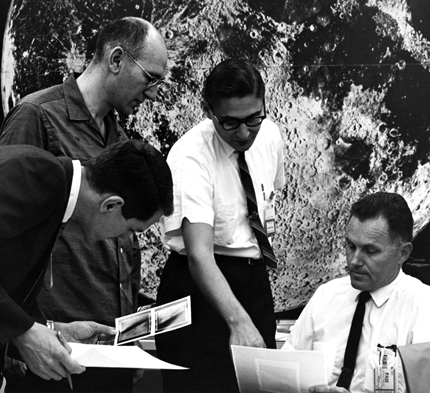


There were grumblings. But as my friend Al Hibbs – who set up JPL’s Space Science Division - said, they weren’t just the chauffeurs. They needed the expertise. And that meant in house. More grumblings. 



By the mid sixties, the proposal system which is still in use today came in to being – more equitable, but as anyone who has spent months working on writing a proposal for an instrument knows, frustrating and time consuming 



And as a young academic at the time... who shared an office with Jim Lovelock at JPL when they were consulting in the sixties remarked... it was a case of "Ad Astra Per Bureaucracia" ... checks notes... a Dr Sagan of Harvard, apparently. Me neither @SashaSagan 😉 

By then, NASA HQ’s “local difficulties” with JPL – one high up called them “able, spoiled brats” - meant that other centres were considered for the plum job. 

Landing on Mars. And riding high on the success of the Lunar Orbiters, was NASA Langley which had been looking at Mars missions for many years by then 





The end result was a Langley team managed the Viking missions, not least the landers whose purpose was to look for life on Mars. Here are some fabulous ideas of what Martian life might look like circa 1975. 





And what Viking found – or rather didn’t find – has meant that scientists interested in life on Mars have been in a wilderness for the last forty years. All that promises to change tomorrow when they will be looking for the signs of......
Editor’s note: Biology, not bloody Girls Aloud. Perseverance is looking for “biosignatures” not “What Will The Neighbours Say?” or whether Nicola should be a judge on The Masked Singer
• • •
Missing some Tweet in this thread? You can try to
force a refresh


